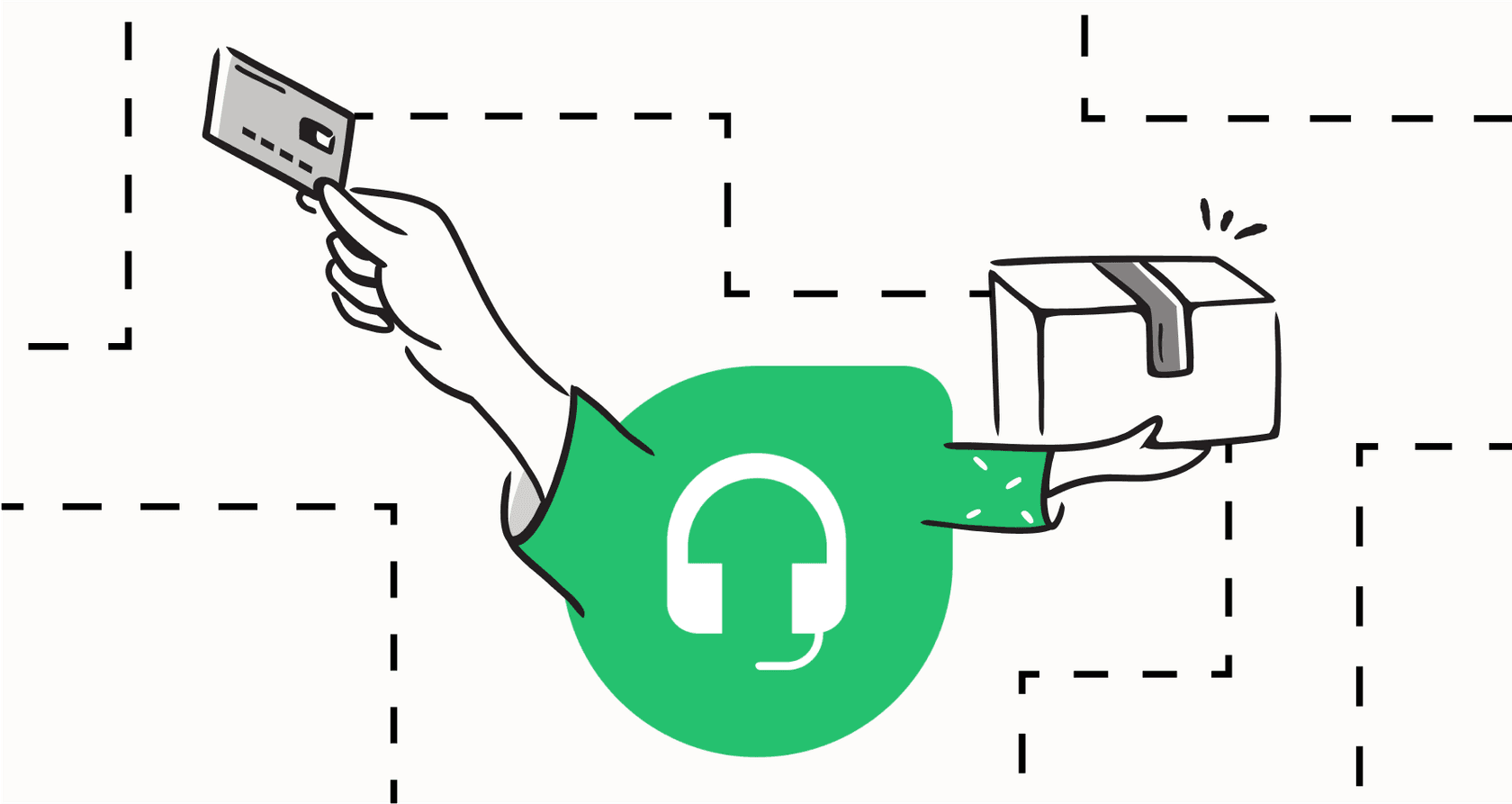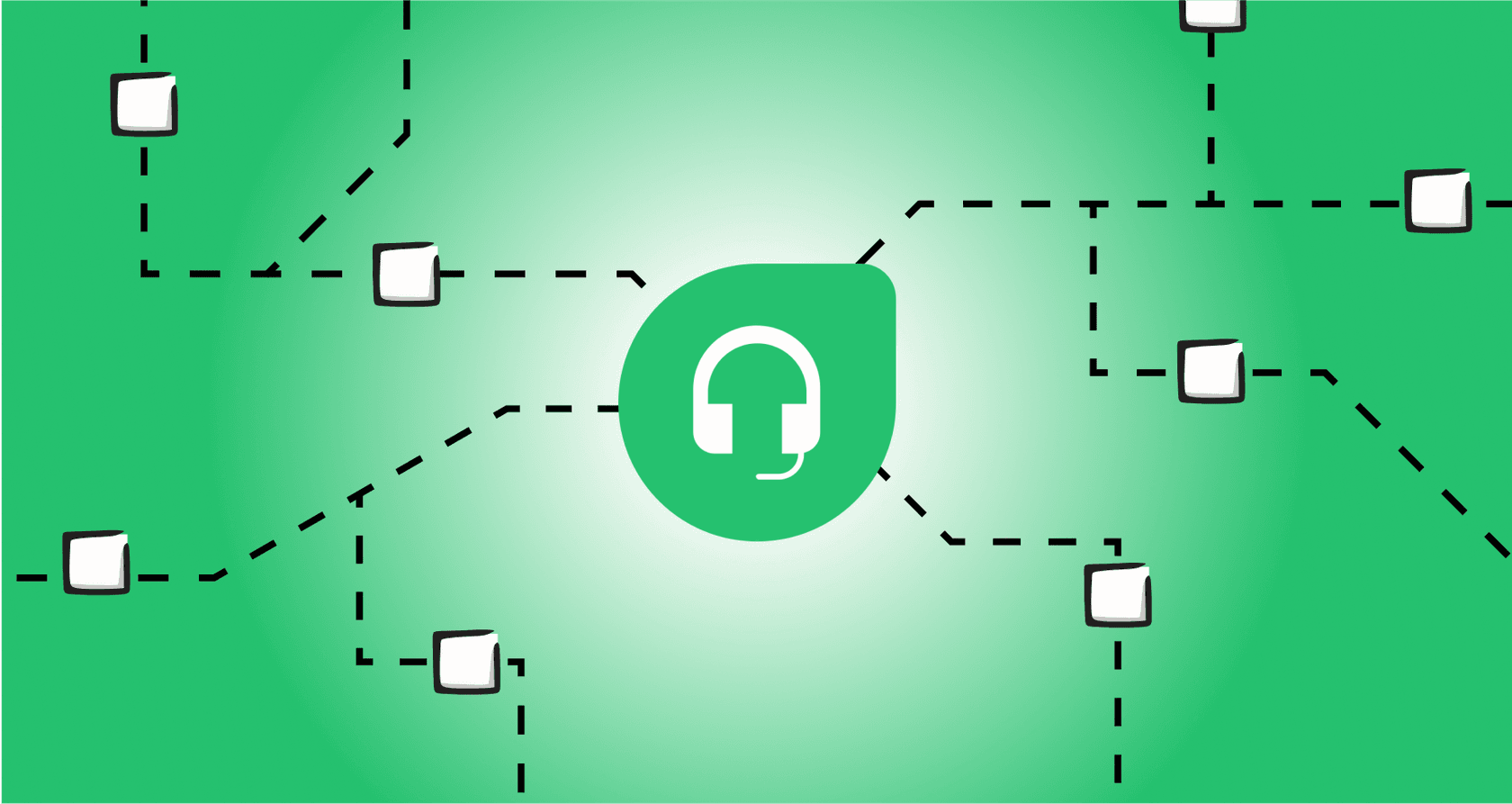Freshdeskのコリジョン防止(衝突防止)ガイド:2026年に知っておくべきこと

Stevia Putri

Katelin Teen
Last edited 2026 1月 16
Expert Verified

想像してみてください。あなたのチームで最も優秀な2人のサポートエージェントが、キューの中に同じ緊急チケットを見つけました。2人は共に、助けたい一心で作業に取り掛かります。数分後、顧客は2つの丁寧な回答を受け取ることになります。意図は素晴らしいものですが、これは多忙なヘルプデスクではよくある課題であり、まさにFreshdeskのコリジョン防止機能が解決しようとしている問題そのものです。これらのツールは、サポートキューのための高度な「コーディネーションシステム」と考えてください。同じチケットに対してエージェントが重複して作業を行うことがないようにします。
Freshdeskは、チームの同期を保つための信頼できる方法を提供します。これらのアラートは、チームの活動を可視化する上で非常に効果的です。2026年に向けてチームが拡大する中、多くの企業は、この強力な基盤の上に、サポートをさらにシームレスにするプロアクティブなワークフローを構築する方法を模索しています。
Freshdeskのコリジョン防止(Collision Prevention)とは?
Freshdeskのコリジョン防止とは、チームの連携を維持するために連携して動作する、一連の信頼できるツールのことです。これは成熟した業界標準のシステムであり、サポートチームが油を差した機械のように円滑に機能することを保証します。
Freshdesk独自のドキュメントによると、このシステムは主に3つのパートで構成されています。
-
エージェントコリジョン検知 (Agent collision detection): これは最も頻繁に目にする機能です。エージェントがチケットを閲覧していると、小さな「目」のアイコンが表示されます。入力し始めると、それは「ペン」のアイコンに変わります。これにより、チームの他のメンバーは誰かがすでに対応中であることを把握でき、チーム内のコミュニケーションが円滑になります。
-
トラフィックコップ (Traffic cop): この機能は素晴らしいセーフティネットです。エージェントが返信の「送信」ボタンを押そうとした瞬間に、別の誰かがノートを追加したり、顧客から新たな返信があったりした場合、トラフィックコップは返信を一時停止し、最新の更新を確認するためにページをリフレッシュするようエージェントに通知します。
-
自動更新 (Auto refresh): これは他のツールと密接に連携します。チケットが更新されるたびに通知がポップアップ表示され、エージェントが常に最新の情報を手元に置いている状態を保ちます。
これらのツールが合わさることで、全員が同じ認識を持ち、プロフェッショナルな顧客体験を維持できるように設計されています。あらゆる規模のチームにとって、堅牢な防御線となります。
Freshdeskコリジョン防止を最大限に活用する
Freshdeskの機能は、チームのコラボレーションを管理するための優れた出発点です。これらは、大量のキューを処理するために必要な可視性を提供します。これらの機能の効率を最大化するために、チームは多くの場合、基盤となるチケット配信の最適化を検討します。
Freshdeskコリジョン防止の基盤の上に構築する
コリジョン検知は、ライブのチケット対応を管理する強力な方法です。2人のエージェントが同じ問題に関心を持った場合でも、効果的に調整できるようになります。チームが成長するにつれて、チケットが届いた瞬間から明確に分配されるようにすることで、これをさらに強化できます。これにより、コリジョン防止機能は、稀に発生する重複の瞬間のための信頼できるバックアップとして機能します。
コリジョン防止と共にエージェント体験を合理化する
サポートエージェントは、複雑な顧客の問題に取り組みながらナレッジベース (knowledge bases)を活用する熟練したプロフェッショナルです。目やペンのアイコンのようなFreshdeskの視覚的なインジケーターは、役立つガイドとなります。エージェントをさらにサポートするために、これらのツールを自動化された優先順位付けと組み合わせることができます。これにより、チームメイト一人ひとりの動きを手動で監視することなく、最も重要なタスクに集中できるようになります。
次のステップへ:コリジョン防止からプロアクティブなルーティングへ
エージェントの衝突(コリジョン)は、多くの場合、チームが非常に活発で熱心であることの表れです。多くの新しいチケットが共有チケットシステム (shared ticketing system)に届くと、複数のエージェントが助けたいと思うのは自然なことです。
ここで、プロアクティブな配信を導入して設定を強化できます。例えば、eesel AIのAIトリアージ (AI Triage)のようなツールは、Freshdeskアカウントに直接接続して既存の機能を補完する一つの選択肢です。チケットの内容と緊急度を自動的に分類し、最初から最適な担当者を提案できます。これにより、Freshdesk環境がさらに整理され、効率的になります。
コリジョン防止アラートの先へ:AIがワークフローにできること
手動プロセスをAIで強化することで、サポートを次のレベルへと引き上げ、チームがより高い精度で作業を行えるよう支援できます。
Freshdeskコリジョン防止を補完:スマートルーティングへの移行
AI搭載のトリアージ (AI-powered triage)は、Freshdeskと連携してチケットの流れを改善します。請求やテクニカルなトラブルシューティングなど、特定のトピックの専門家がどの方であるかを特定するのに役立ちます。これにより、AIがチケットを適切な担当者に効果的にルーティングする一方で、Freshdeskのコリジョン防止ツールをフェイルセーフ(安全装置)として機能させることができます。
このようなプロアクティブな割り当ては、最初から責任の所在を明確にし、関わるすべての人にとってサポートプロセスをよりスムーズにします。
Freshdeskエコシステム内の共通タスクを自動化する
Freshdeskがエージェントのコラボレーションを完璧に管理する一方で、補完的なツールとしてeesel AIのAIエージェント (AI Agent)を追加することで、繰り返しの多い問い合わせへの対応を支援できます。これは、人間のエージェントがより複雑なケースに集中できるようにするための素晴らしい方法です。
AIエージェントは、新しいチケットを読み取り、顧客のニーズを理解し、既存のナレッジソースに基づいて役立つ回答を提供できます。「パスワードをリセットするにはどうすればいいですか?」といったよくある質問に対して、AIは即座にサポートを提供できます。これによりメインキューのチケット数が減り、Freshdeskのコリジョン防止機能が、手厚い対応が必要な重要なチケットに集中できるようになります。
Freshdeskのコラボレーションを向上:AIがエージェントを支援
人間の対応が必要な扱いにくいチケットであっても、AIは貴重なサポートを提供できます。チケットをエージェント間で共有する必要がある場合、eesel AIのAIコパイロット (AI Copilot)のようなアシスタントが会話を即座に要約できます。これにより、Freshdesk内での引き継ぎがさらに効率的になり、顧客は一貫した高品質なサポートを受けられるようになります。

AIでFreshdeskのコリジョン防止を強化する方法
現代のAIツールは、既存のFreshdesk環境に簡単に統合できるように設計されています。ワークフローの自動化によるメリットを享受するために、大規模な導入プロジェクトは必要ありません。
AI導入へのモダンなアプローチ
最新世代のAIプラットフォームは、ユーザーフレンドリーに構築されています。長い開発サイクルや複雑なカスタム設定を必要とせず、これらのツールの恩恵をすぐに実感できることが多いです。
Freshdeskワークフローをアップグレードするシンプルでセルフサービスな方法
eesel AIは、迅速に導入・運用できる、シンプルで補完的なオプションとして設計されています。ワンクリック統合でFreshdeskと連携できるため、技術的なリソースを必要とせず、既存の設定のまま動作します。サインアップしてヘルプデスクを簡単に接続するだけで、数分後にはAIがチームのサポートを開始できます。
リスクのないシミュレーションで強化された設定をテストする
完全に導入する前に、実際のデータを使用してこれらのツールがどのように機能するかを確認できます。eesel AIはシミュレーションモードを提供しており、安全な環境で過去のFreshdeskチケットに対して設定をテストできます。これにより、AIがどのように回答を支援するかを確認し、ブランドの声(トーン&マナー)に合わせて動作を微調整できるため、2026年に向けて優れたサポートを提供する準備が整います。
Freshdeskコリジョン防止の価格を素早くチェック
Freshdeskのエージェントコリジョン検知機能は、段階的な料金プランの標準的な一部となっており、あらゆる規模のチームに大きな価値を提供します。以下は、2026年時点でこれらの不可欠なコラボレーションツールが含まれるプランの年間プラン料金の概要です。
| プラン名 | 料金 (年払いの場合) | コラボレーションのための主な機能 |
|---|---|---|
| Growth | $15/エージェント/月 | チケット管理、エージェントコリジョン検知、基本的な自動化 |
| Pro | $49/エージェント/月 | Growthの全機能に加え:カスタムロール、高度なレポート |
| Enterprise | $79/エージェント/月 | Proの全機能に加え:スキルベースのルーティング、サンドボックス |
プロアクティブなツールでFreshdeskのワークフローを強化する
Freshdeskのコリジョン防止は、プロフェッショナルなサポートチームにとって堅牢で不可欠な機能です。エージェントが効果的に協力するために必要な可視性を提供します。信頼できる交通整理役として機能することで、チームの同期を保ち、顧客の満足度を維持します。
この成熟した機能の上にさらに構築を進めるには、チケットルーティングを洗練させるプロアクティブなシステムに目を向けてみてください。Freshdeskの信頼できる機能とスマートなトリアージおよび自動化を組み合わせることで、エージェントの作業重複が自然に最小限に抑えられるサポート環境を構築できます。
eesel AIは、すでにお使いの信頼できるFreshdeskの設定の上に、これらのプロアクティブな機能を重ねるためのシンプルな方法を提供します。チームが最も得意とすること、つまり「世界クラスのサポートを提供すること」に集中できるよう支援する、非破壊的な方法です。
Freshdeskサポートをさらに最適化する方法を見てみませんか?eesel AIがどのように既存のツールを補完し、ワークフローを合理化できるかをご確認ください。無料トライアルを開始するか、デモを予約して、今すぐ体験してください。
よくある質問
Freshdeskのコリジョン防止(衝突防止)には、他のエージェントが同じチケットを閲覧または作業しているときにアラートを出すためのツールが含まれています。これには、エージェントコリジョン検知(目やペンのアイコン)、トラフィックコップ(更新されたチケットへの返信停止)、およびエージェントに常に最新情報を伝えるための自動更新通知が含まれます。
これらの機能は、重複作業に対する重要な防御線となります。エージェントにリアルタイムでアラートを出すことで、Freshdeskはチームメンバー間の調整を維持し、顧客が明確で統一された回答を受け取れるようにします。
AIは、スマートなチケットルーティングを実装することで、設定をプロアクティブにサポートできます。これにより、最初から最も適したエージェントにチケットを割り当てることが可能です。さらに、AIエージェントが一般的なチケットの解決を支援することで、Freshdeskエコシステム内の体験をさらに合理化できます。
この組み合わせにより、ワークフローの効率化、エージェントの精神的負荷の軽減、応答時間の短縮、そして顧客体験の向上が実現します。AIによってチケットが即座に適切な担当者に処理されるようになり、Freshdeskに組み込まれているコラボレーションツールがさらに強化されます。
現代のソリューションであれば難しくありません。eesel AIのようなプラットフォームは、Freshdeskとのシンプルなワンクリック統合を提供しており、複雑な開発作業や長期の導入プロジェクトなしで、数分でAIエージェントを稼働させることができます。
はい。eesel AIはシミュレーションモードを提供しており、過去の実際のFreshdeskチケットを使用してAIをテストできます。これにより、パフォーマンスを評価し、自動化率を予測し、リスクのない環境で動作を微調整することが可能です。
Freshdeskのエージェントコリジョン検知機能は、Growthプラン以上のすべての有料プランで利用可能です。Growthプランは、年払いの場合は1エージェントあたり月額15ドルからとなっており、ProやEnterpriseといった上位プランにもこれらの強力なコラボレーションツールが含まれています。
この記事を共有

Article by
Stevia Putri
Stevia Putriはeesel AIのマーケティング・ジェネラリストであり、強力なAIツールを共感を呼ぶストーリーへと昇華させる活動をしています。彼女は好奇心、明快さ、そしてテクノロジーの人間的な側面に突き動かされています。




